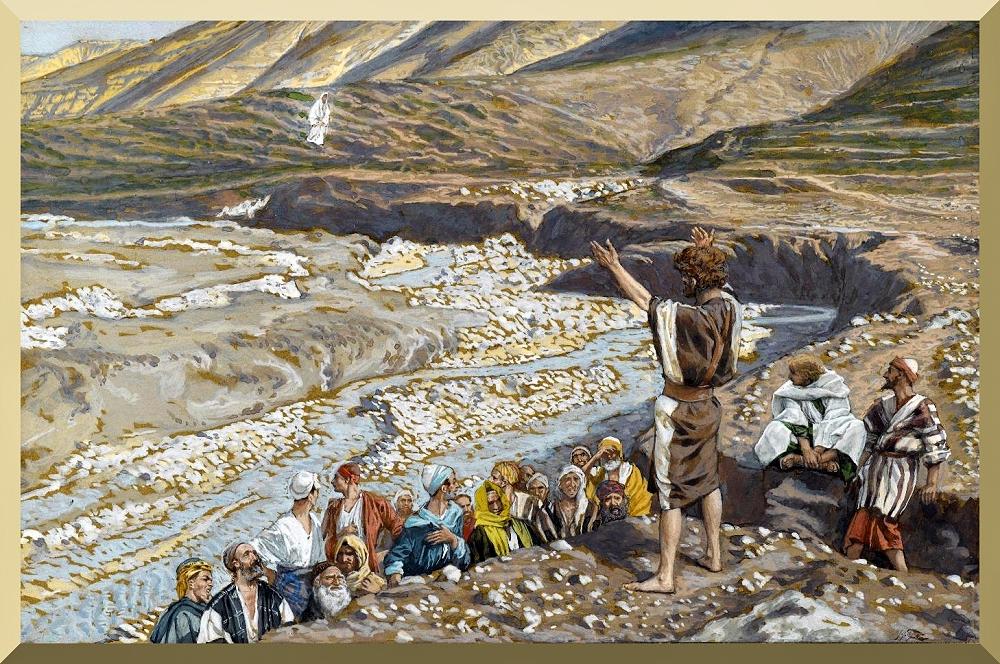Jijo Kandamkulathy, CMF
Claretian Publications, Macau
2ND ADVENT SUNDAY – YEAR B
Mk 1: 1-8
All the scripture passages today have the message of a tender love. The first reading gives the image of a shepherd carrying the lamb in the warmth of his bosom. Saint Peter begins and ends his exhortation with a tender call, “beloved,” in the second reading. The gospel passage is about the appearance of the forerunner of the Messiah, John the Baptist. He has a message, the promise of a good news to the people, “The Messiah is coming, get ready.” The compassion and love of the Lord is in display in this Advent Sunday.
The gospel talks not only about the message he gave but also the appearance of the messenger himself so much so that the messenger himself becomes the message. The messenger is introduced as a voice crying out in the wilderness to refer to the fleeting nature or the featurelessness of the messenger, just a shapeless vanishing voice. In today’s terms, no phone number, no email ID, no postal address, no WhatsApp, no WeChat, no Messenger, simply a person without any address, like a voice that vanishes as soon as it is spoken. The intention is very clear; the focus is on the one who is to come—the Messiah—not the one who preaches.
Mark tries to give us the features of “the voice”—John the Baptist. His life is strange and sometimes startling but just gives us an idea of someone who has no intention of staying with us. He comes from a different world, from the jungle, eats jungle food, and wears jungle clothes. All to accentuate the point that it is not he who is important but his voice, the message: prepare for the coming of the greater one.
Two misunderstandings could take place in delivering a message: the receiver could mistake the postman for the sender, or the messenger, after getting all the attention, could assume the role of the sender. That must be avoided.
John the Baptist is a good example for all preachers and leaders who follow Christ. The invitation to every Christian and every minister of the Church is to rewrite the sender’s address and the delivery address to Christ and to the people; not (selfie) to self-address. If the preaching diverts the attention from the message to the messenger, it is no more the gospel that we preach and all efforts will go vain and fruitless. Communication reaches its desired conclusion only when both the preacher and the listener listen to the one who sends out the message.
John the Baptist leaves us an example; it is important to live the message. If I live my life as if everything begins and ends with me, and I have nothing to offer to the world beyond me, then my life becomes futile. Our lives should become a message of what we believe in. One needs to grow in conviction of what one preaches; only then can one witness courageously to the truth that one believes in. John the Baptist died in the way he preached, or rather, he preached by his death too. He had a message to deliver and he considered that message worth dying for. He considered his message greater than himself. His message is Christ, the Savior.
How futile my life would be if no one can read the message beyond me? One should become a parable, a story that brings people closer to God.
Indebted to Fr. Fernando Armellini SCJ


 Follow
Follow


